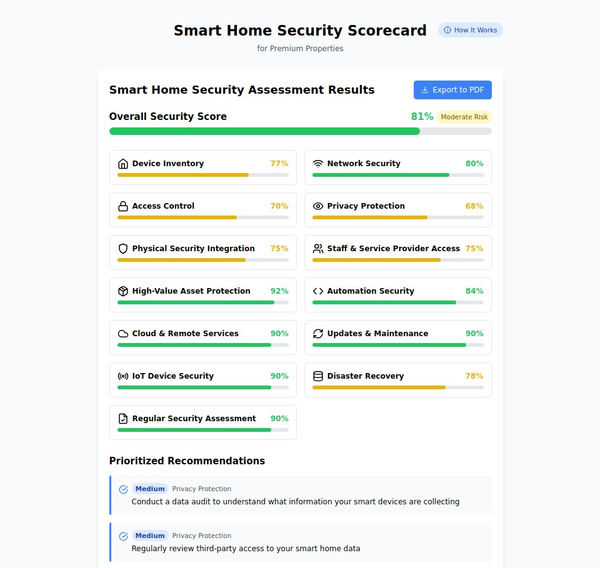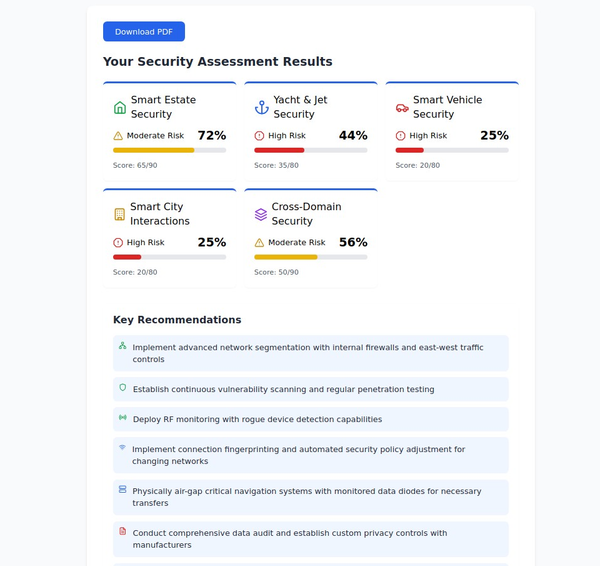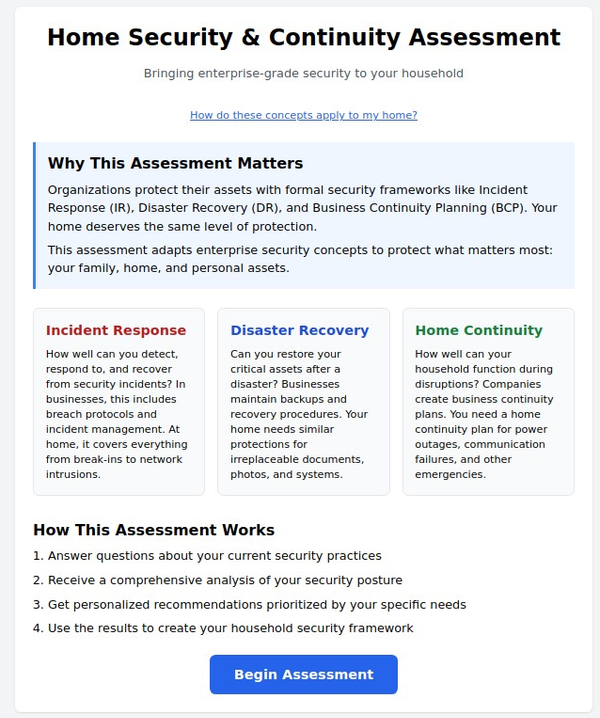Zipline's Revolutionary Drone Delivery System: Transforming Logistics and Saving Lives

In an era where doorstep deliveries are becoming the norm, Zipline has emerged as a game-changer in the logistics industry with its innovative drone delivery system. Designed to be fast, electric, and autonomous, Zipline's drones are not just rewriting the rules of package delivery but are also significantly impacting healthcare services, especially in remote areas.
The Mechanics of Zipline's Long-Range Drones
Zipline's drones are a marvel of engineering, capable of delivering medical supplies to the most inaccessible regions. The process is a model of efficiency – from the swift placement of orders to the launch of the drones, followed by precise package delivery using parachutes. These drones autonomously navigate vast distances and return safely for maintenance, ready for their next life-saving mission.
Overcoming Challenges: Abdul's Journey and Drone Development
The development of Zipline's drones wasn't without its challenges. The video introduces us to Abdul, a Rwandan engineer whose transition from a local mechanic to a pivotal figure in Zipline's success story is nothing short of inspiring. From using fishing poles in early prototypes for landing to developing advanced drones, Zipline's journey is a testament to innovation and perseverance.

Life-Saving Impact on Healthcare
Zipline's drones are heralded as lifesavers, drastically reducing the delivery time of medical supplies to 15-20 minutes and significantly impacting Rwanda's healthcare system. The decrease in maternal mortality rates by 88% is a compelling testament to the efficiency and reliability of these aerial couriers. Personal narratives from doctors and patients alike underscore the transformative impact of these drones on healthcare in Rwanda.
Rwanda's Leap Toward Progress and Sustainability
The documentary also sheds light on Rwanda's commendable progress in various sectors. From mandatory and free education to significant environmental initiatives like banning single-use plastics, Rwanda is setting an example for the world. The nation's resilience, cultural richness, and commitment to conservation and education are prominently featured, offering a glimpse into the positive strides made post-genocide.
Urban Deliveries: Short-Range City Drones
Zipline is also exploring the potential of short-range city drones for faster and eco-friendly doorstep deliveries in urban landscapes. While concerns about noise levels and safety are acknowledged, the company's innovative approach to efficient loading systems for businesses highlights its forward-thinking ethos.

Innovations in Silence: Zipline's Quiet Propellers
Drawing inspiration from the natural flight of hummingbirds, Zipline engineered propellers that significantly reduce noise, replacing sharp sound spikes with a softer whooshing sound. This breakthrough addresses one of the major concerns related to drone operations in populated areas.
Uncompromising Safety Standards
Safety is paramount in Zipline's operations. The drones boast redundancy in critical systems, including backup propellers and a whole aircraft parachute. With an impeccable record of zero incidents causing injuries over half a million flights, Zipline's commitment to safety is unwavering.

Future Horizons: Beyond Package Delivery
Zipline envisions a future where its technology extends beyond package delivery. From supporting local shops and restaurants to potentially transporting humans during medical emergencies, the possibilities are boundless. The company's simple and adaptable loading system, which can utilize parking spots as loading zones or create dedicated loading portals, paves the way for a wide range of applications.
The Power of Engineering and Optimism
The story of Abdul, the Rwandan engineer, encapsulates the essence of Zipline's mission – to use engineering to save lives and inspire future generations. It's a narrative that not only highlights the life-saving potential of technology but also resonates with hope and optimism for the future, celebrating human ingenuity and the transformative power of engineering.

In conclusion, Zipline's drone delivery system is not just an innovation in logistics; it's a beacon of hope, demonstrating how technology, when thoughtfully applied, can revolutionize industries, save lives, and inspire nations. As Zipline continues to push the boundaries of what's possible, its drones soar high, not just in the skies but in the aspirations of people worldwide.
- 00:00 📦 Introduction to Zipline's drone delivery system
- Zipline introduces its drone delivery system, which aims to revolutionize package delivery with fast, electric, and autonomous drones.
- The need for efficient, eco-friendly, and fast delivery solutions is highlighted, especially in a world with increasing doorstep deliveries.
- 01:28 🛠️ How Zipline's long-range drones work
- Zipline's long-range drones are capable of delivering medical supplies to remote areas in Rwanda.
- The process involves quick order placement, drone launch, precise package delivery using parachutes, and autonomous navigation.
- The drones return safely for maintenance and reuse, showcasing their efficiency.
- 04:22 👨🔬 Challenges and perseverance in drone development
- The video introduces Abdul, a Rwandan engineer, and the challenges Zipline faced in developing their drones.
- Early prototypes involved creative solutions like using fishing poles for landing.
- Abdul's journey from a local mechanic to a key player in Zipline's success is highlighted.
- 06:17 🏥 Impact of Zipline's drones on healthcare
- Zipline's drones are described as lifesavers, delivering medical supplies in 15-20 minutes, saving countless lives.
- Interviews with doctors and patients emphasize the positive impact of these drones on healthcare in Rwanda.
- Maternal mortality rates have reduced by 88% due to the speed and reliability of drone deliveries.
- 08:49 🇷🇼 Rwanda's progress and sustainability efforts
- Rwanda is highlighted as a progressive country with mandatory and free education, low crime rates, and environmental initiatives.
- The country's commitment to conservation and banning single-use plastics is showcased.
- Positive aspects of Rwandan culture and its resilience after the genocide are discussed.
- 11:41 🌆 Short-range city drone delivery
- The potential for using short-range city drones for faster, electric, and eco-friendly doorstep deliveries in urban areas is introduced.
- The questions regarding noise levels and safety of these drones are raised.
- The importance of efficient loading for businesses is mentioned, leaving room for further exploration.
- 15:38 🤯 How Zipline achieved quiet propellers
- Zipline developed quiet propellers by studying hummingbirds and redesigning rotors.
- They managed to flatten the sound spikes and create a more constant, less annoying whooshing sound.
- 16:08 🛡️ Safety measures in Zipline drones
- Zipline incorporates redundancy in critical systems to ensure safety, including backup propellers and a whole aircraft parachute.
- Over six years of operation and half a million flights, Zipline has had zero incidents causing injuries, emphasizing their commitment to safety.
- 17:32 📦 Loading packages and future possibilities
- Zipline demonstrates a simple loading system, which could involve reserving parking spots as loading zones or creating loading portals.
- The technology can be used not only by big retailers but also local shops and restaurants, revolutionizing doorstep deliveries.
- The idea of using similar technology for human transportation, such as medical emergencies, is hinted at, raising exciting possibilities for the future.
- 19:27 💡 Abdul's inspirational story and Rwandan optimism
- Abdul, a Rwandan engineer, uses his knowledge to save lives and inspire the next generation of problem solvers.
- The story highlights the power of engineering to create life-saving innovations and inspire resilience.
- Rwandan optimism for the future and human potential are celebrated, leaving a sense of hope and inspiration.
